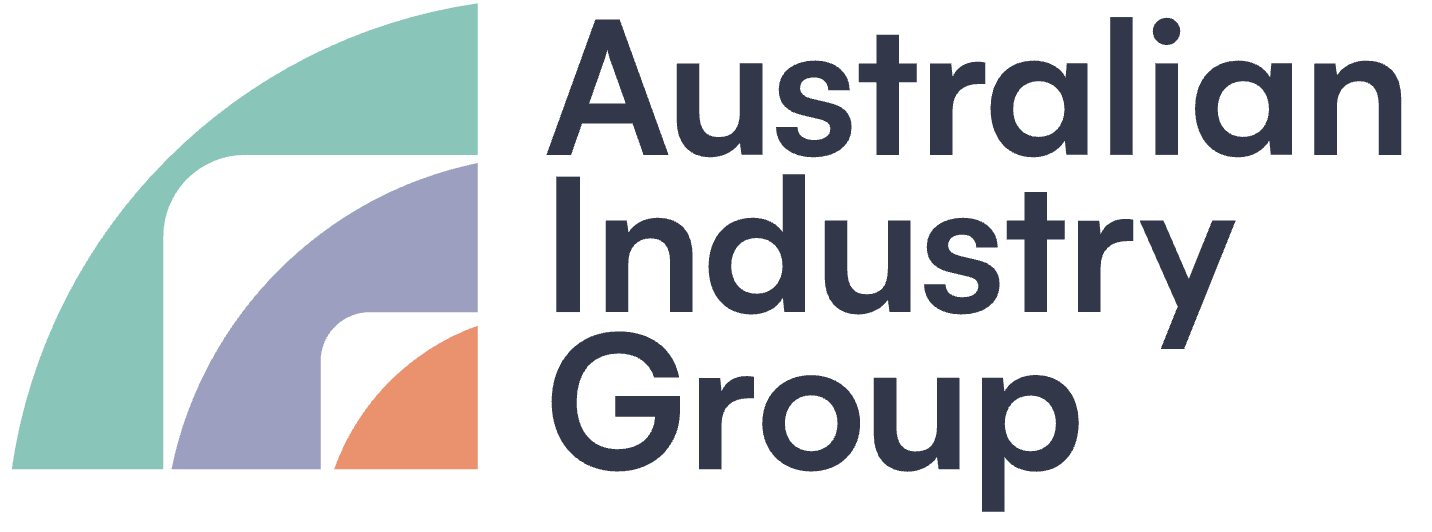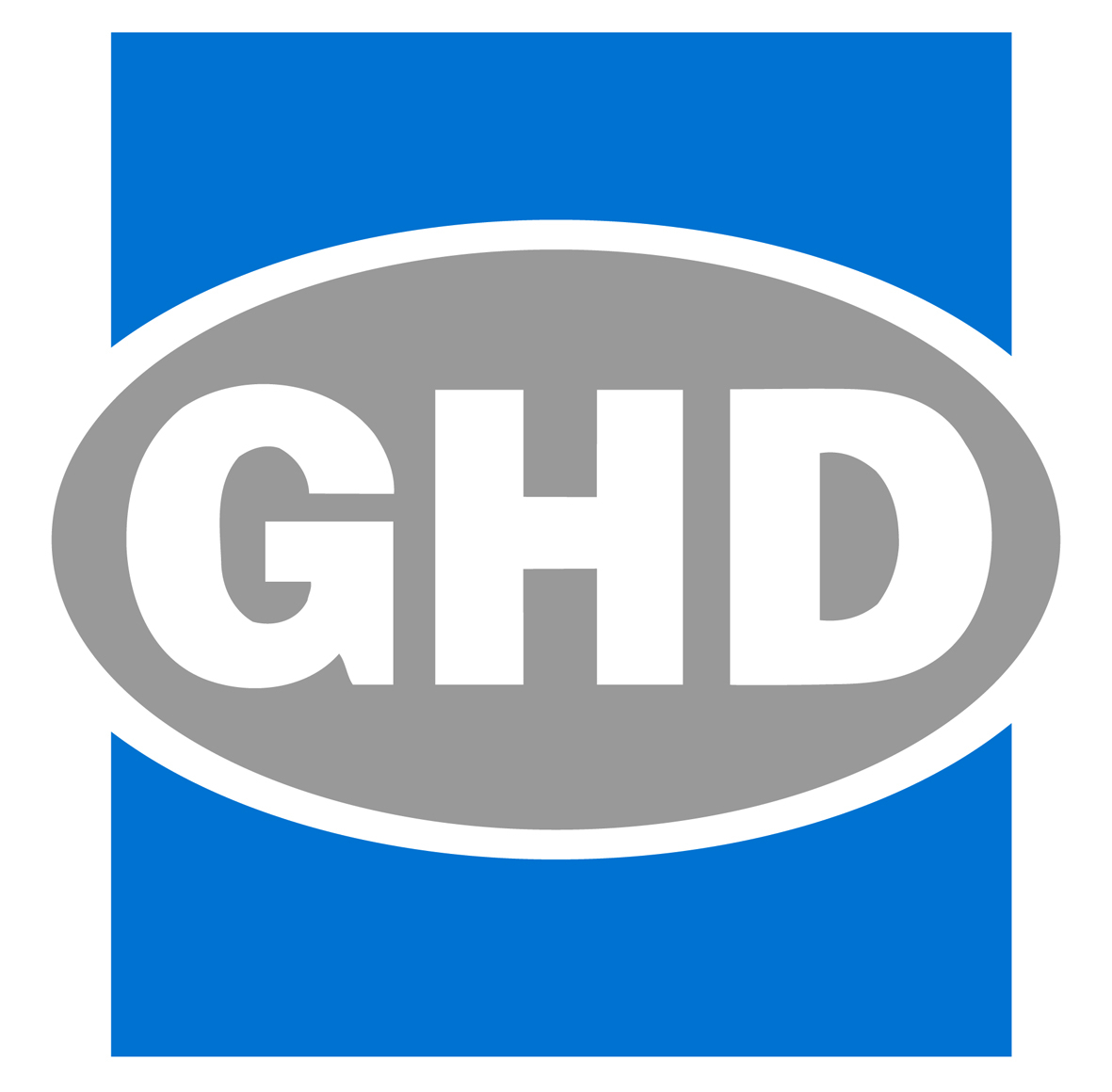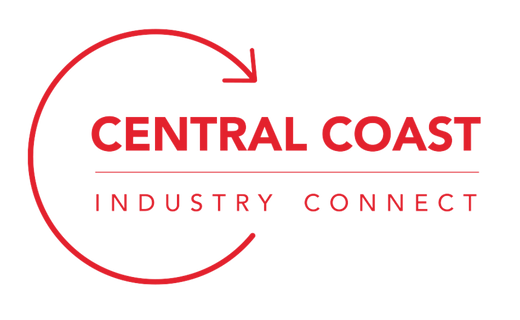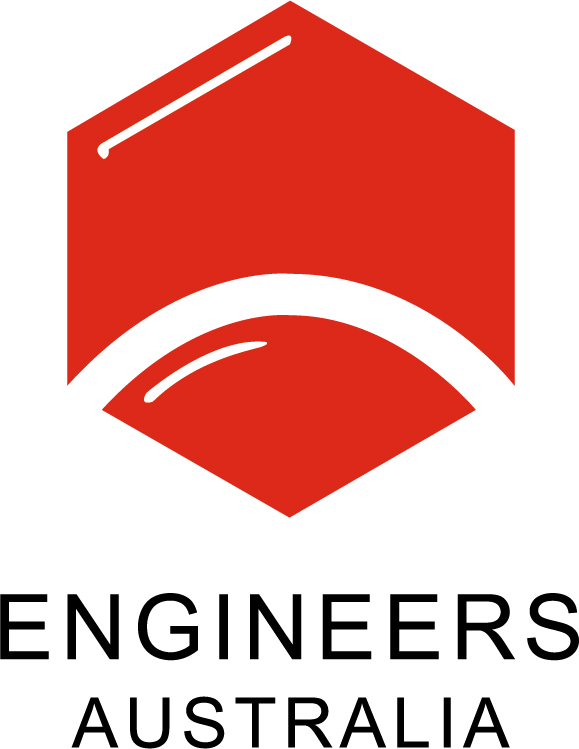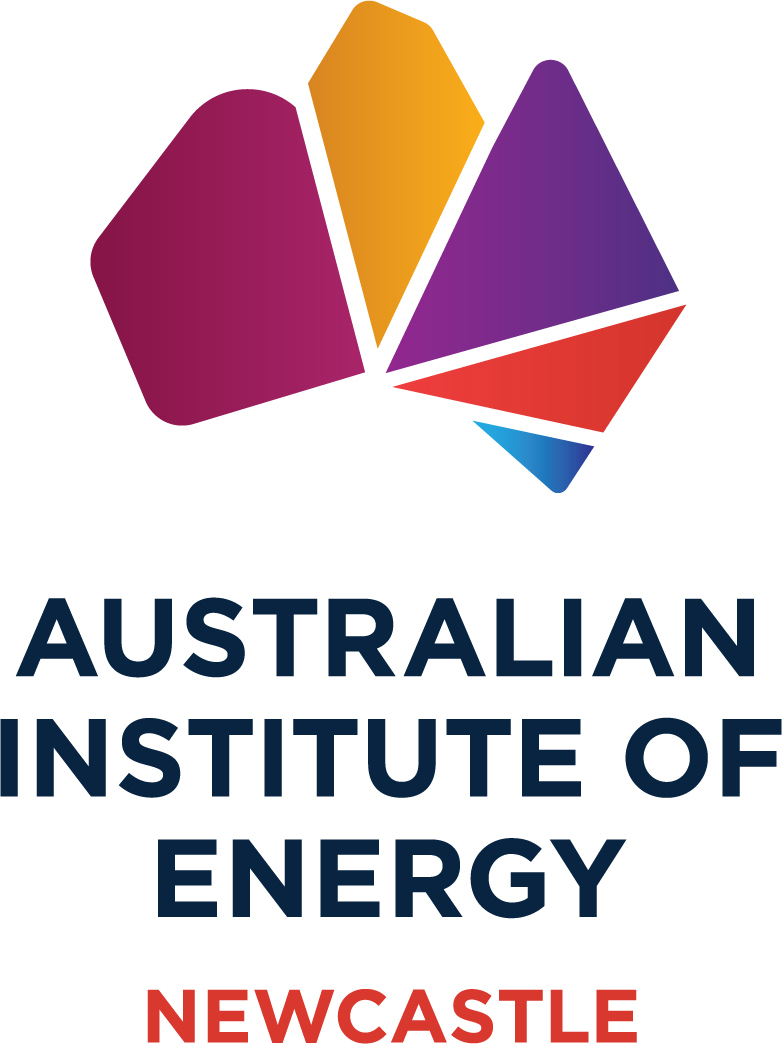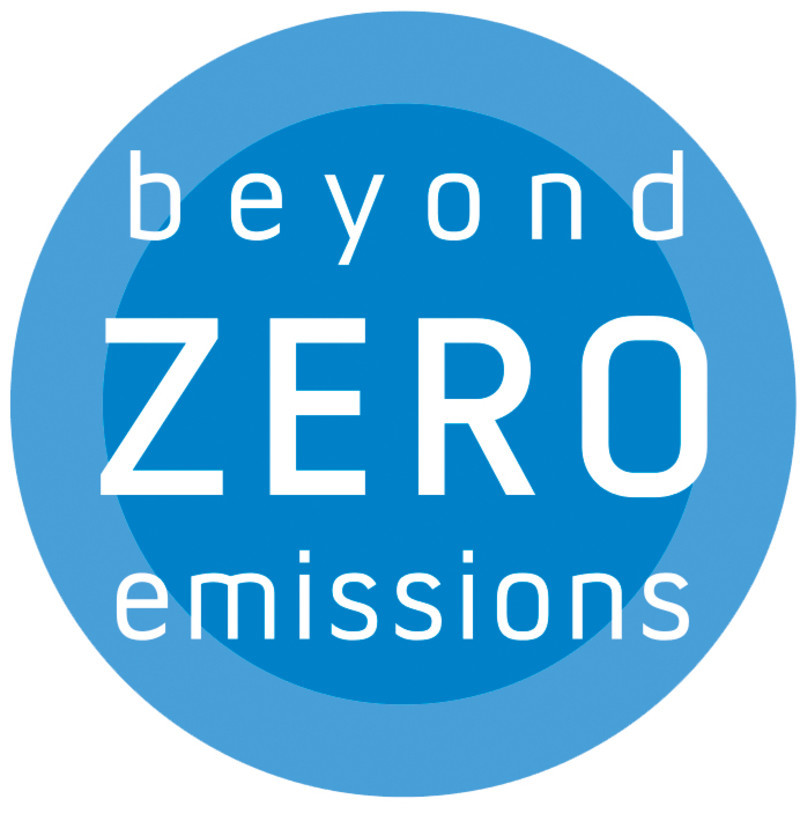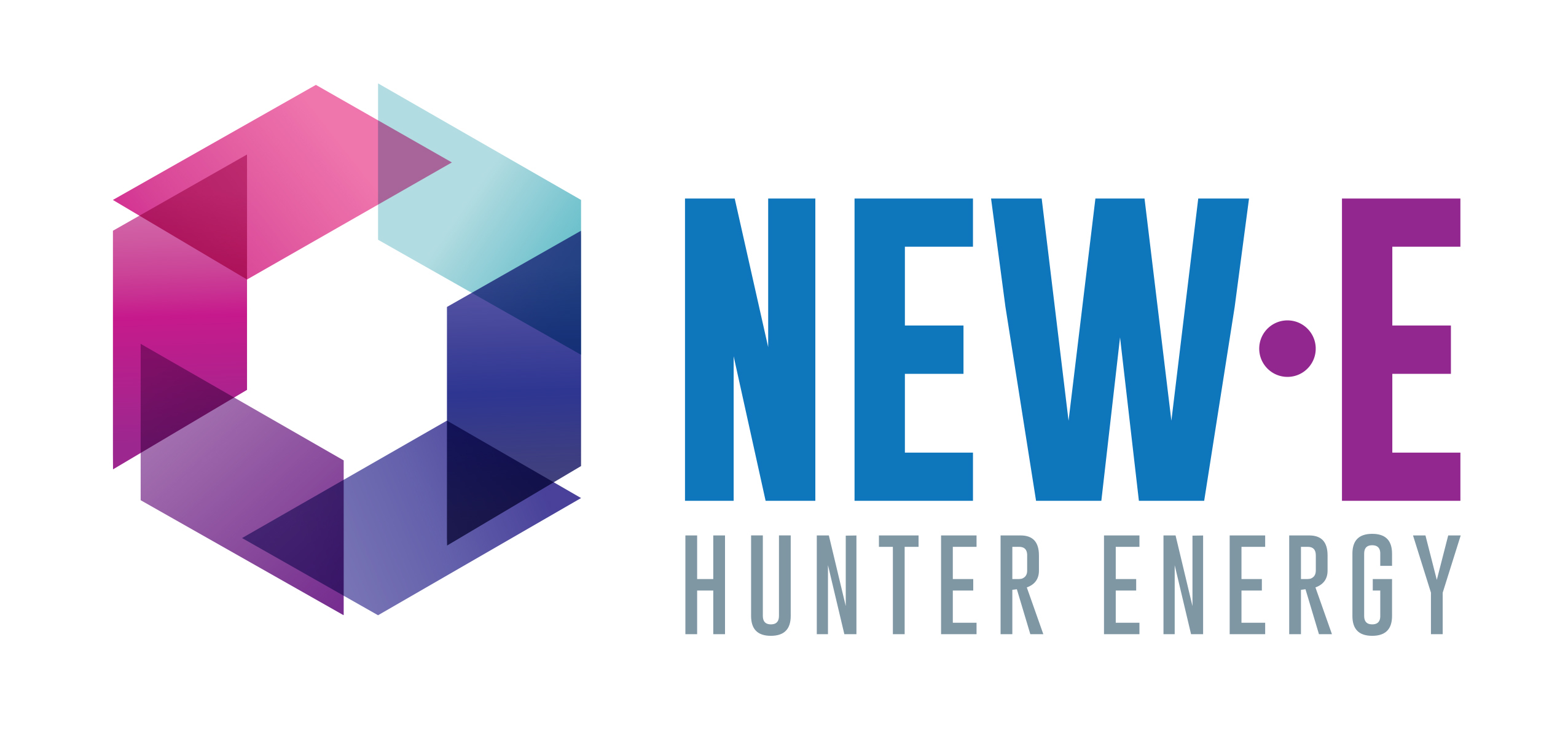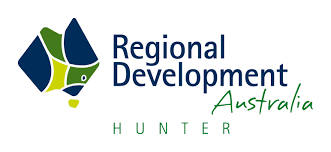Transmission delays risk Hunter’s clean energy advantage, BZE warns
A new report by Beyond Zero Emissions warns that while the Hunter has major potential as a clean industrial export hub, slow planning approvals and transmission delays are holding back progress on renewable energy projects and job creation.
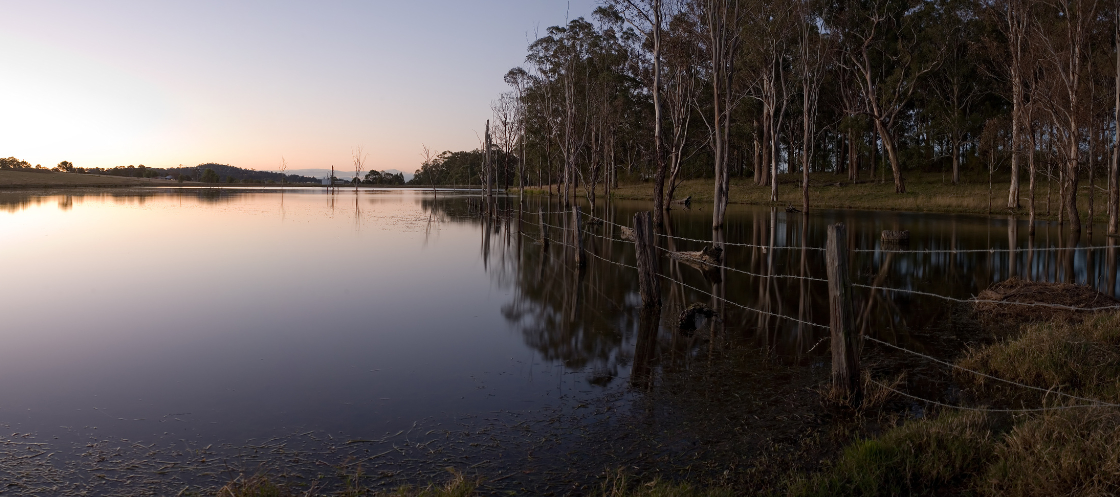
With the federal election over and energy policy direction now clearer, a new report by independent think tank Beyond Zero Emissions (BZE) takes a close look at the Hunter region’s readiness for green industrial growth—and finds that while the potential is high, progress is being held back by delays in planning and transmission infrastructure.
BZE’s Powering Up the Hunter report assesses whether the region is on track to become a major player in green exports like hydrogen, aluminium and cleantech. According to the report, local ambition and project proposals are increasing, but real progress depends on removing bottlenecks.
“Great projects need great planning. Hunter is extraordinarily well placed to capitalise on the clean energy shift through green industrial exports such as green aluminium, hydrogen and cleantech,” said BZE CEO Heidi Lee.
The report is the first regional analysis released under BZE’s National Action Plan, which is designed to coordinate development of clean energy and industry hubs around Australia through better infrastructure, policy and workforce planning. It looks at energy systems, decarbonisation plans, and all levels of government policy.
The Hunter already has industrial capacity through sites like Tomago Aluminium and Orica’s Kooragang Island operations, supported by port access. But the report finds that 17 out of 19 key indicators for project delivery are currently lagging. A major concern is the length of time it takes for renewable energy projects to receive planning approval—typically five to eight years. Even among the small number of approved projects, less than a third are under construction.
At the centre of the region’s clean energy future is the Hunter Transmission Project. It is considered essential to unlock renewable power needed by local manufacturers and future exporters. If the project is delayed, the report warns, industries will remain reliant on coal, which is both more expensive and polluting.
“Delivering the Hunter Transmission Project on time is key to unlocking the massive clean jobs opportunity for the Hunter. If this project is not delivered on time, clean energy will not become available and we will continue to rely on coal, which is expensive and polluting,” Ms Lee said.
The report also looked at how prepared the region is for industrial decarbonisation. While three of the six biggest local manufacturers have strong emissions targets, achieving these will require access to clean and reliable electricity. Current gaps in transmission, distribution and storage infrastructure, as well as a lack of detail in decarbonisation plans, need to be addressed to turn ambition into reality.
“Our report also found that improvements can be made in the areas of transmission, distribution and energy storage, and that more detail is required on industry decarbonisation plans to have them function as practical roadmaps,” Ms Lee said.
To build momentum and support practical action, BZE is partnering with the Hunter Joint Organisation and engineering firm GHD to host an industry workshop this Friday. It will bring together local stakeholders and experts—including industrial decarbonisation specialist Dr Chris Oughton—to map next steps for clean energy and industry growth in the region.




